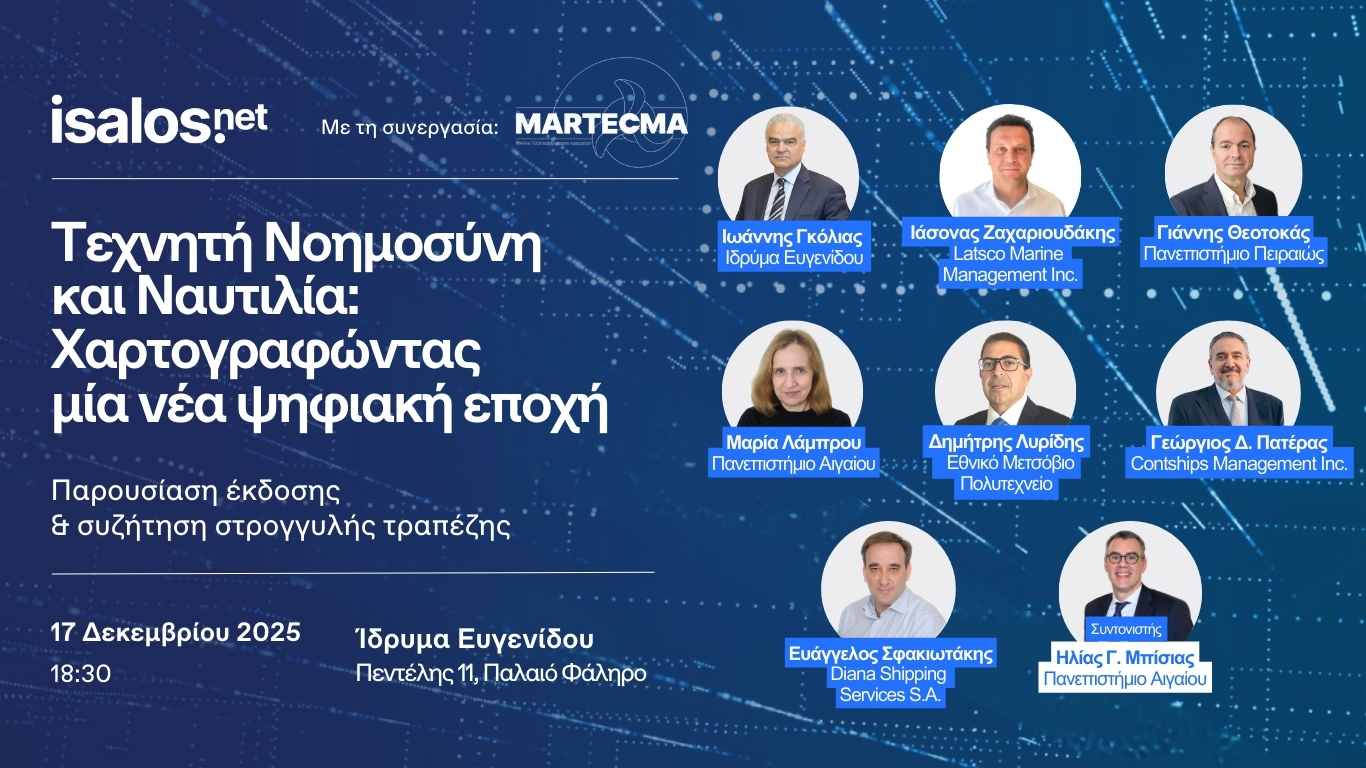

How fast LNG will conquer the marine fuel market
Over the past week, here at DNV, we have done another market analysis to assess how fast LNG will win into the marine fuel market. I am not at liberty to share the results, but it got me thinking about a broader theme.
But first, here’s what we did: We have developed a model that combines various sources for number of port calls and future fleet growth. With this model we can estimate the number of ships of a certain type and size that will call in a certain port in the future. Once we have the model, this is quite straigh-forward to do, and it produces a near perfect benchmark for discussing the next step: the implementation of LNG into each ship category. And this is when the head-scratching starts; how many ships in each category will be opting for LNG? and at what time? Take Panamax bulk carriers for example, how many percentages in 2020? In 2030? It is very difficult to make these guesses, even for long time experts in the business.
We can for example anticipate 50% share of LNG for newbuildings of a certain ship type delivered after 2020. After 20 years with expected ship renewal rates, LNG will then fuel some 40% of the global fleet of this ship type.
But, why would the number be 50%? I believe it will only be 50% if the lifecycle economics of oil fueled and a LNG fueled ship are equal. In other words, it will only be 50/50 if the choice doesn’t have an economic impact.
Once LNG is available and the novelty of the technology is a thing of the past, which will be the case by 2020, ships will again compete on cost, and shipowners will opt for whatever solution appears cheaper at the moment of ordering the ships. This means they will all go for the same choice. So it will not be 50/50, it will be all or nothing.
If natural gas and LNG is consistently priced lower than oil over the next three decades, we will see oil more or less replaced by LNG in the marine fuel sector. If LNG becomes, and stays, more expensive than oil then LNG will only be implemented in small niche markets and single trades around the world.
I know which one I believe in; in 2040 a ship burning oil will be a rare sight on the seas, but quite popular in museums.
ΝΧ
Συντακτική ομάδα Ναυτικών Χρονικών


Ίδρυμα Αθηνάς Ι. Μαρτίνου: Η έμπρακτη στήριξη στη Σχολή Ναυτικών Δοκίμων
Εγκαινιάζουμε ένα σύγχρονο σύστημα προσομοίωσης, που θα επιτρέψει στα στελέχη μας να αποκτούν σε ελεγχόμενα και κλιμακούμενα σενάρια, την εμπειρία η οποία απαιτείται. Είμαστε…
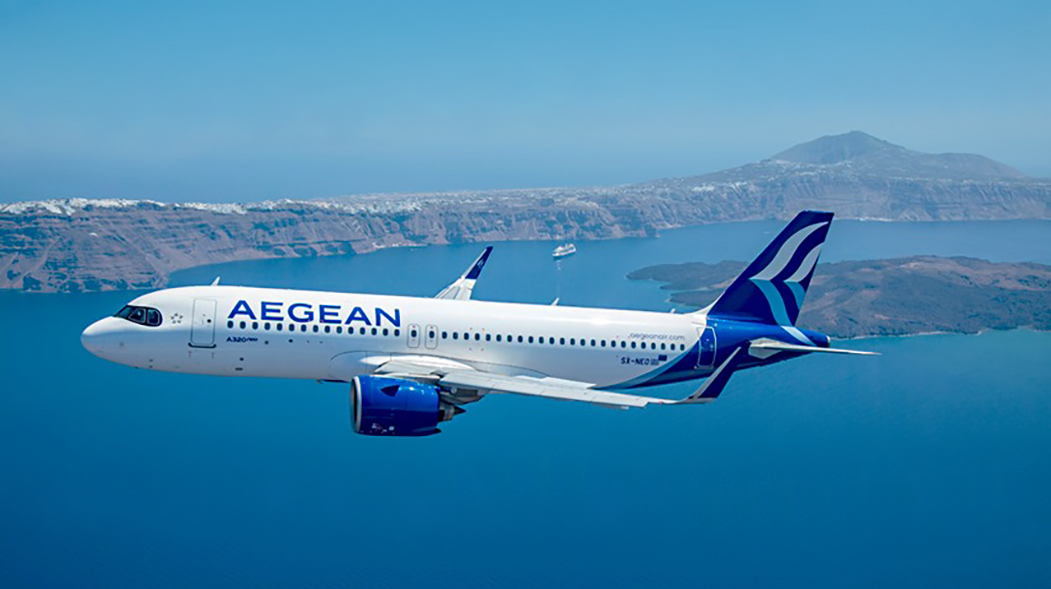
Η ιστορική προσγείωση της Aegean στη Βαγδάτη
Αεροσκάφος της Aegean Airlines από την Αθήνα προσγειώθηκε σήμερα στο Διεθνές Αεροδρόμιο της Βαγδάτης – στην πρώτη απευθείας πτήση που εκτελεί έπειτα από 35…
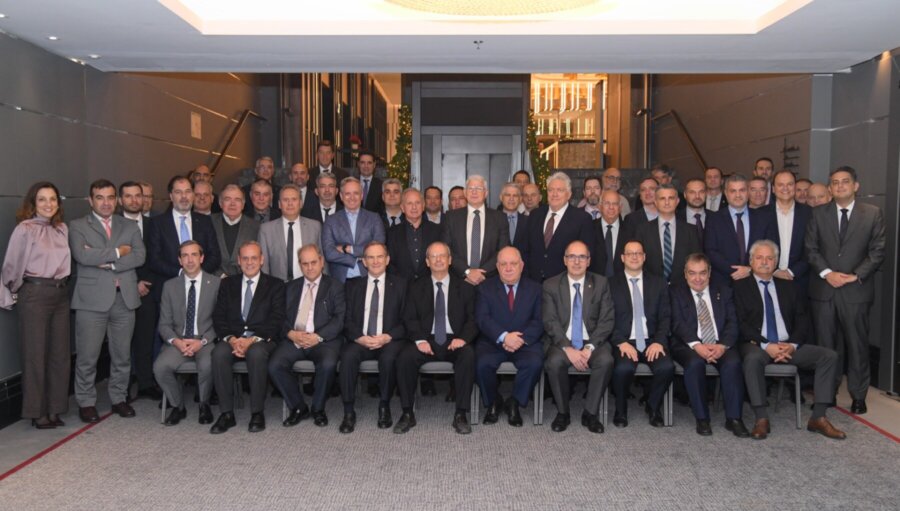
39th Bureau Veritas Hellenic Marine Technical Committee Highlights Regulatory Pathways, Innovation and Future-Proofing Investments
Bureau Veritas Marine & Offshore (BV) convened the 39th Hellenic Marine Technical Committee meeting in Athens on December 3, bringing together leading stakeholders of…
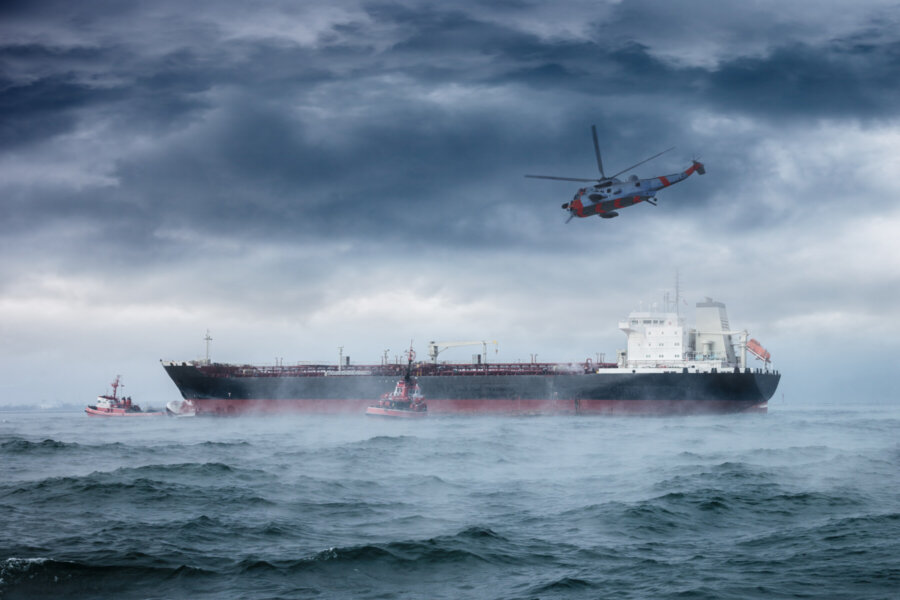
Νέος γύρος κυρώσεων της ΕΕ κατά του «σκιώδους στόλου»
Σφίγγει ο κλοιός της ΕΕ προς τη Μόσχα με το καθεστώς κυρώσεων σε βάρος νομικών και φυσικών προσώπων που διευκολύνουν το εμπόριο ρωσικού πετρελαίου…

Ναυτικοί σε κυπριακά πλοία: Αναβαθμίσεις στα εργασιακά δικαιώματα με νέα Συλλογική Σύμβαση
Σε κλίμα άρτιας συνεργασίας, το Κυπριακό Ναυτιλιακό Επιμελητήριο, ενεργώντας υπό την ιδιότητά του ως εργοδοτικός σύνδεσμος, υπέγραψε στις 15 Δεκεμβρίου 2025 την ανανέωση της…

«Εορταστικό» deal στα logistics
Η CEVA Logistics ανακοίνωσε στις 15 Δεκεμβρίου την υπογραφή συμφωνίας αγοράς μετοχών για την απόκτηση του 100% του Fagioli Group, που επίσης δραστηριοποιείται στα…

Το «στρατοσφαιρικό» ράλι του χαλκού
Σε τροχιά «στρατοσφαιρικής» ανόδου κινείται η αγορά του χαλκού, σύμφωνα με το CNBC, με τις τιμές spot στο London Metals Exchange (LME) να καταγράφουν…
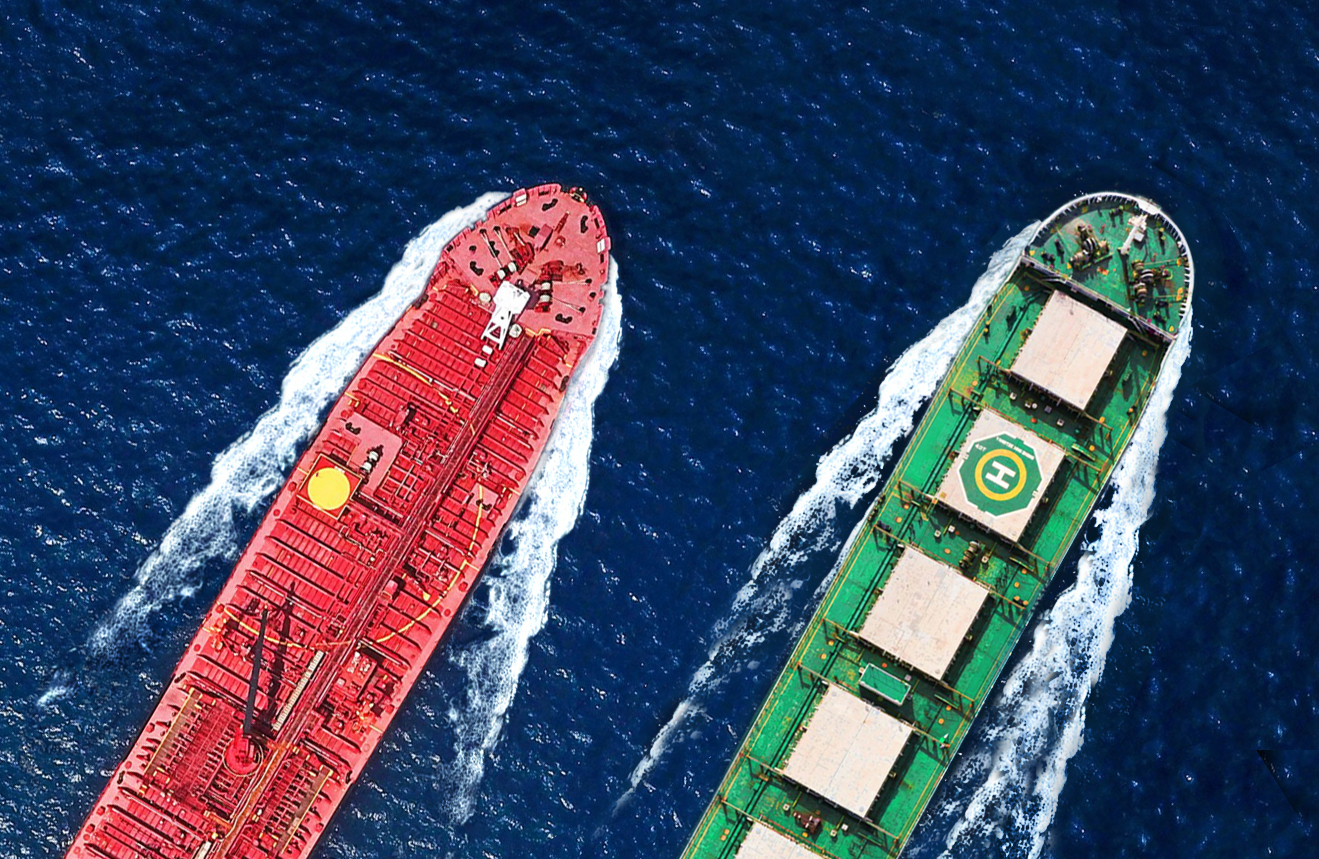
«Γάμος» SSY και Grieg Shipbrokers
Tη συμφωνία της για την απόκτηση της σκανδιναβικής ναυλομεσιτικής εταιρείας Grieg Shipbrokers ανακοίνωσε η SSY. Η Grieg Shipbrokers, η οποία θα ενταχθεί στην SSY…
